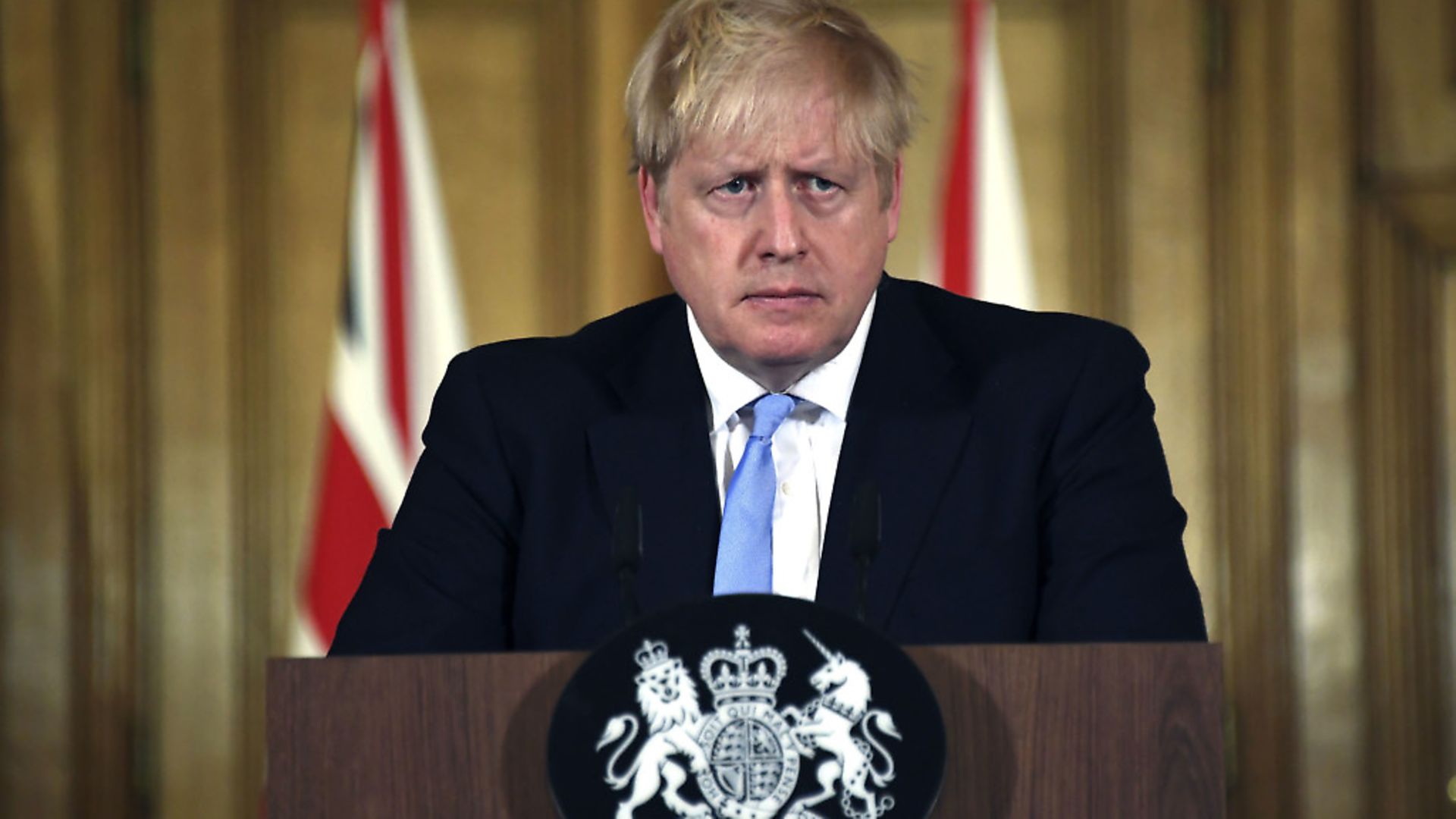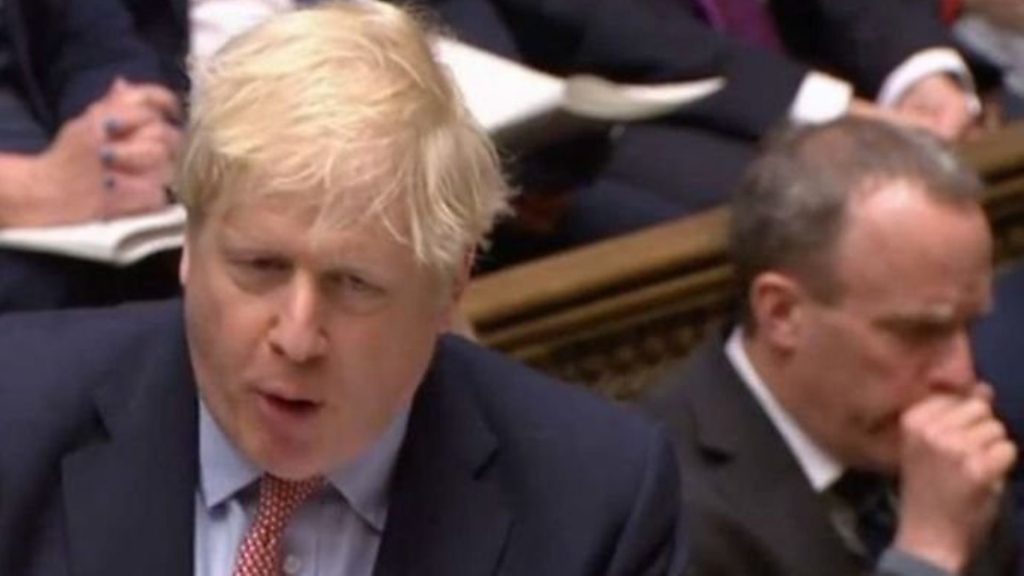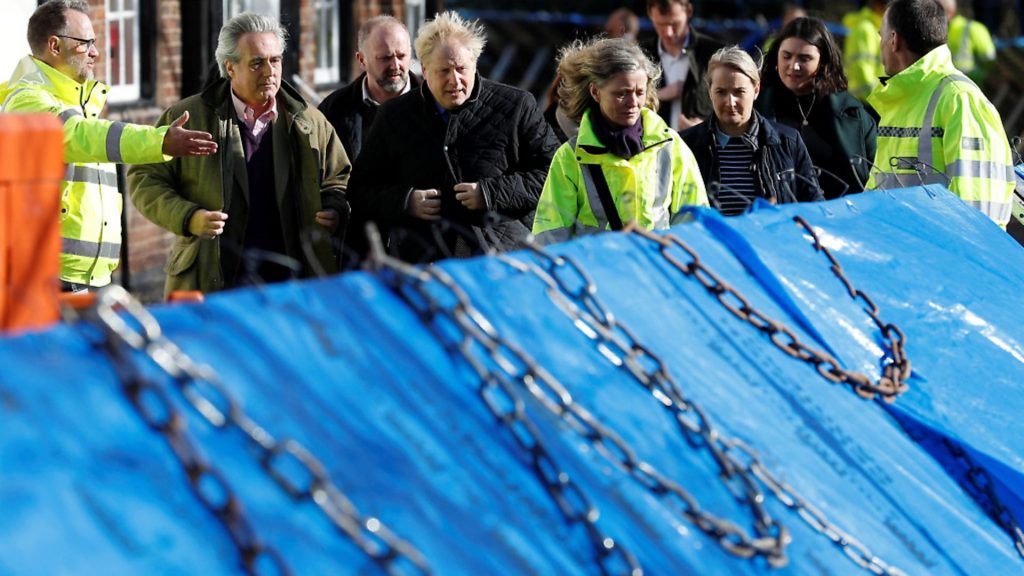
A new devastating report exposes how the government originally dismissed concerns about the coronavirus, and Boris Johnson failed to take action until it was too late.
The Sunday Times report demonstrates Boris Johnson’s failure to take Covid-19 seriously until the end of February, and points out that when China first alerted the World Health Organisation about an unusual spike in cases of pneumonia in Wuhan at the end of December the prime minister was sunning himself on a private island in the Caribbean.
At that time scientists in the UK were already raising the alarm about China’s failure to reveal the full picture about the disease.
The first meeting on the virus was held in the middle of January, where scientists warned policy-makers that the virus had an unusually high infectivity rate, and that a lockdown would be needed to prevent transmission across the UK.
But the government dismissed the suggestion, and health secretary Matt Hancock told reporters on January 24th that the risk to the UK public was ‘low’.

Boris Johnson was said to have avoided the Cobra meeting, but did find time to join a celebration for the Chinese new year, before preparing the final touches to his Brexit deal.
His spokesperson insisted the UK was ‘well prepared for any new diseases’.
The report reveals how Johnson went on to miss four further Cobra meetings on the virus and, as Britain grappled with floods, Johnson focused on Brexit day and sacking ministers in a cabinet reshuffle, before retreating to Chevening for two weeks with his pregnant fiancée, Carrie Symonds.
It is said Johnson was likely to have been ‘distracted’ by private matters, which included finalising a divorce with his estranged wife and revealing he was engaged to Symonds, who was also expecting.
‘Aides were told to keep their briefing papers short and cut the number of memos in his red box if they wanted them to be read,’ the newspaper reports.
As the government grappled to get the personal protective equipment (PPE) it needed it is also claimed they sent supplies the other way — shipping 279,000 items of its depleted stockpile to China in response to a request for help from the authorities there.
Meanwhile a study by Southampton University revealed that between those weeks and the time Johnson finally attended a Cobra meeting on the coronavirus on March 2nd around 190,000 people had flown into the UK from Wuhan and other high-risk Chinese cities. The researchers estimate up to 1,900 of those visitors would have been infected with the disease.
By the time Johnson had attended a meeting on Covid-19 it was infecting those on public transport, in the home, and in the work place.

The newspaper report is also critical of chief medical officer Chris Whitty, who was said to be one of those in government ‘absolutely focused on herd immunity’, something that Johnson’s key adviser Dominic Cummings also had initial enthusiasm for the concept.
MORE: Expert points out moment the UK stopped mirroring Germany’s approach to coronavirus
MORE: Michael Gove admits Boris Johnson missed five Cobra meetings as he was not required
But even more damning as a Downing Street adviser’s criticism of Boris Johnson’s failure to act. The prime minister only announced he would be attending a meeting of Cobra after a weekend at Chequers where he announced news on Symonds’ pregnancy.
Have your say
Send your letters for publication to The New European by emailing letters@theneweuropean.co.uk and pick up an edition each Thursday for more comment and analysis. Find your nearest stockist here or subscribe to a print or digital edition for just £13. You can also join our readers' Facebook group to keep the discussion and debate going with thousands of fellow pro-Europeans.
‘There’s no way you’re at war if your PM isn’t there,’ said the adviser. ‘And what you learn about Boris was he didn’t chair any meetings. He liked his country breaks. He didn’t work weekends. It was like working for an old-fashioned chief executive in a local authority 20 years ago. There was a real sense that he didn’t do urgent crisis planning. It was exactly like people feared he would be.’
UK pandemic planning had been well-resourced following the 9/11 terrorist attacks in 2001, but then cuts to austerity meant resource was significantly cut.
‘We were the envy of the world,’ the source said, ‘but pandemic planning became a casualty of the austerity years, when there were more pressing needs.’
The last rehearsal for a pandemic in 2016 listed how the NHS needed more resource to deal with such an occasion – such as PPE and intensive care ventilators. Meetings about pandemics in subsequent years were bumped out of diaries because of crises in the NHS, and proposals for dealing with such an occasion were never implemented and preparations for a no-deal Brexit ‘sucked all the blood out of pandemic planning’.
A Downing Street spokesman insisted the prime minister has been leading the response throughout. They said: ‘Our response has ensured that the NHS has been given all the support it needs to ensure everyone requiring treatment has received it, as well as providing protection to businesses and reassurance to workers. The prime minister has been at the helm of the response to this, providing leadership during this hugely challenging period for the whole nation.’
Michael Gove told Sophy Ridge on Sky News that there were ‘one or two aspects of the Sunday Times report that are slightly off-beam’, and said ‘no one can suggest the PM wasn’t throwing his heart and soul into fighting this virus.’ The Department of Health firmly denies that ‘herd immunity’ was ever its strategy and that policy-makers backed it. Cummings also denies supporting it.
Jonathan Ashworth, Labour’s shadow health secretary, said: ‘These reports raise serious questions about the government’s immediate response to this pandemic and whether they were too slow to act.
‘Mistakes have been made, especially over PPE and testing, which ministers must learn from. It is now urgent that our NHS and care staff get the protective equipment they need to keep them safe.’









